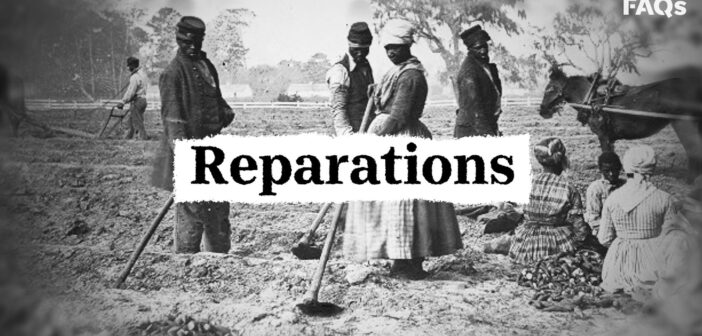The Grenada Government is calling on the Bank of England to make reparations for its direct involvement in the enslavement of Africans and their descendants in Grenada.
In a letter signed by Secretary of the Cabinet of Ministers, Carvel Lett, the Government of Grenada extended an invitation to leaders of The Bank of England to begin formal discussions on the matter of reparations.
From 1772 to the 1780s, the Bank of England owned 599 Africans on two sugar plantations in Grenada Bailles Bacolet and Chemin (now known as Hope Vale).
The letter to the bank indicated that the enslavement of Africans in Grenada and in the other then colonies of the Caribbean was “atrocious’’.
Specifically, the government is requesting the creation of a “Joint Reparations Committee”. It also outlined the structure and decision-making process of the Committee.
Furthermore, it was proposed that the Government and the Bank should each name four persons as a delegation, each to form a Joint Government of Grenada-Bank of England Slavery Reparations Committee to work out the modalities of such Reparations.
The letter to Andrew Bailey, Governor of The Bank of England, also states: The proposed Joint Reparations Committee should be assembled no later than June 15, 2024, and should be required to report to the Government of Grenada and the Bank by August 31, 2024, on the modalities of Reparations.
The Government of Grenada has taken this action on the advice of the Grenada National Reparations Committee (GNRC), led by Arley Gill. The legal adviser of the Committee is renowned legal expert Dr. Francis Alexis, KC.
GNRC, a cabinet-appointed committee, was established in March 2021 and is part of the CARICOM Reparations Commission (CRC).
The Bank, in a note from Rhys Phillips, Private Secretary to the Bank of England Governor, replied to the correspondence from Grenada, indicating that given the issues raised consultation must be held with the UK Foreign, Commonwealth & Development Office (FCDO).
